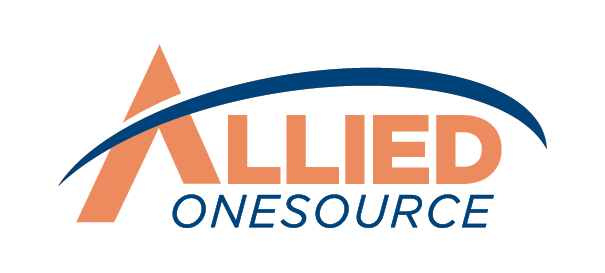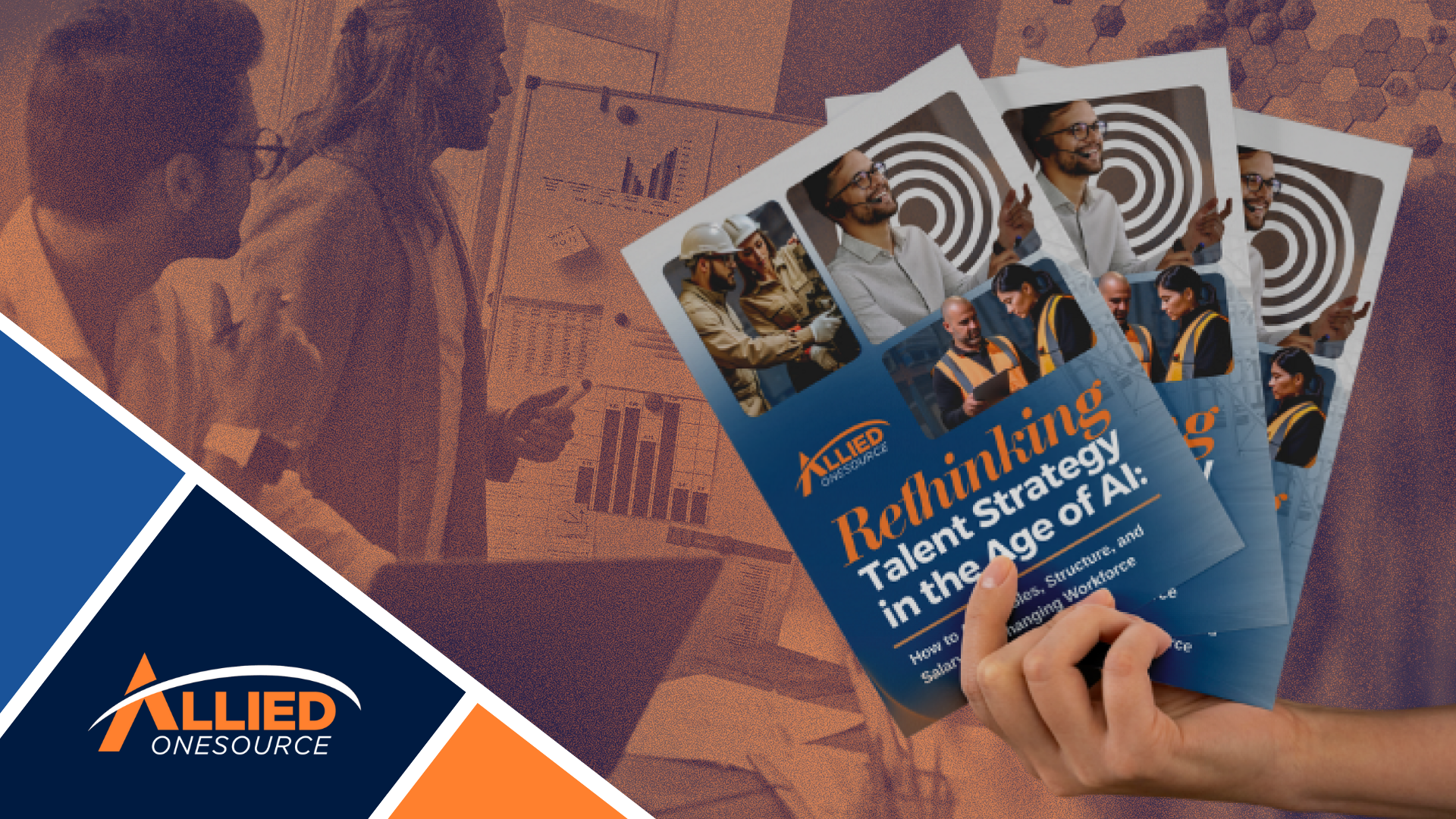Here's Why Soft Skills Matter More in a Digital World
In today's rapidly evolving digital landscape, the path to career success can feel uncertain. You might ask yourself how to stand out in the tech industry or transition to a more fitting job. The answer lies in soft skills.
This article explores why soft skills matter so much in the digital age. We'll explore why these skills are essential, just like your technical skills, in a time where everything's constantly changing. We'll also guide you on how to grow and improve your soft skills. Welcome to your roadmap for success in the digital world.
The Power of Soft Skills in the Digital World
Soft skills are becoming increasingly important, especially now that machines can do many jobs. These skills set you apart from automation and make you an essential part of the workforce.
The significance of soft skills is backed by a LinkedIn report where 92 percent of talent professionals agree that these are as important as hard skills, and 80 percent believe that they're important to a company's success. It's even more significant that 41 percent of companies assess employee soft skills.¹
However, human resources (HR) professionals find hiring people with the right soft skills challenging. Here are the top 3 missing soft skills according to them:
- Critical thinking, problem-solving, creativity, and innovation, according to 37 percent
- Ability to deal with ambiguity and complexity, according to 32 percent
- Communication, according to 31 percent
Additionally, 50 percent of these HR experts believe that both hard and soft skills are falling short in their companies.²
Employees and leaders should prioritize developing and enhancing soft skills. McKinsey predicts a 26 percent increase in demand for emotional and social skills across all U.S. industries from 2016 to 2030.³
Tech-Relevant Soft Skills You Need to Develop
If you're wondering which soft skills are essential in tech now and in the future, here are some of them. This list highlights how they support digital transformation and contribute to your career and growth.
Critical Thinking
It's not just about making decisions; it's about making better ones. Critical thinking allows you to dissect the situation, evaluate potential threats, and devise countermeasures based on past experiences.
Imagine you're a cybersecurity specialist tasked with assessing a breach. You can create novel solutions to protect systems or resolve issues based on real-world insights.
Resourcefulness
Resourcefulness is your ability to find solutions based on what you have at hand in your current situation. Being resourceful is a creative way of finding solutions when others may think there aren't any. Having this skill makes you valuable as you can make the most of what you are given.
Communication
Communication skills are essential not only in the way you connect with people but also in how you harness machines. For example, using generative artificial intelligence (AI) requires you to develop prompts it can adequately process.
Without clear communication, AI might generate gibberish. Effective communication is vital to your tech journey, whether you're collaborating with colleagues, instructing AI, or making tech concepts understandable to non-tech individuals.
Creativity and Innovation
Creativity and innovation allow you to develop new ideas even when you aren't inspired. Creative people are imaginative and can initiate projects without others' suggestions. These skills transform you from a follower to a trailblazer in tech.
Resilience
In tech, perfection is elusive, and everyone makes mistakes. That's where resilience becomes your ally. When a coding error derails a project, your resilience helps you bounce back, finding solutions when others might feel overwhelmed. Your ability to stand tall against tech challenges is a prized asset.
Flexibility and Adaptability
Adaptability is usually used synonymously with flexibility. But flexibility helps you manage immediate changes while adaptability is readiness for the future.
It involves planning and staying ready for any issues tech throws your way. These skills are equally important as technical issues could happen at any time. You must be ready to set aside any task you might be currently handling to solve an issue in a program or system you have in place.
Adaptability and flexibility may also help you smoothly switch between responsibilities or find a better job for yourself. These skills will be most important in the future as up to 30 percent of hours you spend at work may be automated by 2030.⁴
Related Reading: Navigating Career Transitions: Strategies for Successfully Changing Jobs
Empathy
Empathy allows you to share and understand what others feel. This skill can help you build stronger tech relationships. Empathy allows you to understand others' frustration, confusion, and need for assistance. You can guide them in the right direction, offering solutions and understanding.
Empathy's magic lies in its human touch. In a world driven by machines, it's the one skill algorithms can't replicate. Only empathetic tech professionals like you can be there when others need a helping hand the most. Through empathy, you can also build on trust, making your tech relationships resilient.
Developing Your Soft Skills: A Practical Guide
If you want to develop the skills mentioned above or others, here are some tips on how you can eventually acquire them.
Take a soft skills course.
Don't assume that online courses are all about hard skills. You can find courses dedicated to soft skills. If your desired skill isn't readily available, reach out to your workplace leaders or an approachable HR professional. They can guide you to suitable online or in-person training programs.
Find a mentor.
Mentorship is a great way to build trust between you and a leader as you add to your skill set through their help. Find a trusted leader at your workplace, someone who excels in the soft skills you want to develop. Ask them for some of their time and wisdom. It's a two-way street for skill growth.
Related Reading: The Power of Continuous Learning: Invest in Your Professional Growth
Read books on soft skills.
There are plenty of books on soft skills that you can access in your local bookstore or through an eBook platform. Here are some of them:
- Presence: Bringing Your Boldest Self to Your Biggest Challenges, by Amy Cuddy
- 10 Skills for Effective Business Communication: Practical Strategies from the World's Greatest Leaders, by Jessica Higgins JD MBA BB
- The Leader Habit: Master the Skills You Need to Lead – in Just Minutes a Day, by Martin Lanik
Connect with trusted peers.
Connection is a huge factor in growing your soft skills. Find time to connect with people you trust and ask them for feedback and advice. Regularly engage with these individuals for valuable feedback and advice. It's great practice for pointing out where you excel and what needs work to guide your efforts effectively.
Related Reading: Disengaged at Work? 6 Tips on Reigniting Workplace Motivation
Let your soft skills aid you in advancing your career.
Your soft skills are more critical than ever, as these are the things machines can never replicate. Make time for honing them, and you will indeed thrive in your career, whichever path you take in the future. Continuously develop them by genuinely connecting with the people around you.
ALLIED ONE SOURCE CAN HELP YOU MAKE THE MOST OF YOUR SKILLS
If you want to make the most of your growing skill set, Allied OneSource is here to help you get in touch with the best employers in customer service, engineering, light industrial, and more.
We understand your need to flourish in your exceptional career and workplace. You can submit your resume or browse our job openings to apply quickly. Contact us today for more information about our services.
References
1 Lobosco, Mark. "LinkedIn Report: These 4 Ideas Are Shaping the Future of HR and Hiring." LinkedIn, 28 Jan. 2019, www.linkedin.com/business/talent/blog/talent-strategy/global-recruiting-trends.
2 "The Skills Gap 2019." SHRM, 5 Feb. 2019, www.shrm.org/hr-today/trends-and-forecasting/research-and-surveys/Pages/Skills-Gap-2019.aspx.
3 Bughin, Jacques, et al. "Skill Shift: Automation and the Future of the Workforce." McKinsey, 23 May 2018, www.mckinsey.com/featured-insights/future-of-work/skill-shift-automation-and-the-future-of-the-workforce.
4 "Generative AI and the Future of Work in America." McKinsey, 26 Jul. 2023, www.mckinsey.com/mgi/our-research/generative-ai-and-the-future-of-work-in-america.











